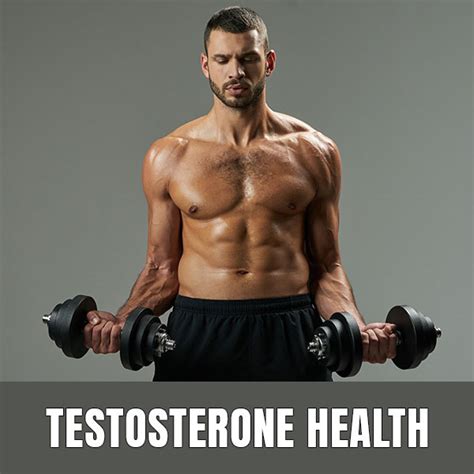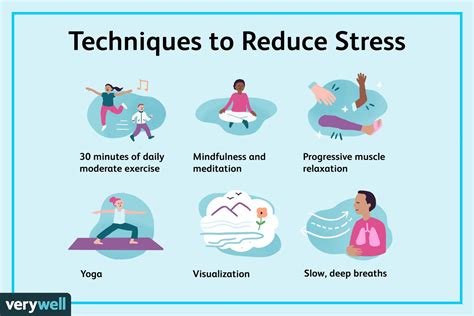What daily habits optimize male hormone balance & peak energy for performance?

Unlocking Peak Performance: The Foundation of Male Hormone Balance
For men striving for peak physical and mental performance, optimizing hormone balance and sustaining high energy levels are paramount. It’s not about quick fixes, but rather a consistent commitment to daily habits that collectively support your body’s intricate systems. From cognitive function and mood to physical strength and vitality, balanced hormones—especially testosterone—and consistent energy are the bedrock.
Nourish Your System: The Power of Strategic Nutrition
What you eat directly impacts your hormonal symphony and energy production. Prioritize whole, unprocessed foods. Lean proteins (grass-fed beef, chicken, fish) provide amino acids essential for hormone synthesis. Healthy fats (avocado, nuts, seeds, olive oil) are critical building blocks for steroid hormones like testosterone. Complex carbohydrates (whole grains, vegetables, fruits) offer sustained energy, preventing blood sugar crashes that can disrupt hormonal equilibrium.
Furthermore, micronutrients play a vital role. Zinc, found in oysters and red meat, is crucial for testosterone production. Vitamin D, often supplemented but also found in fatty fish, is a pro-hormone linked to numerous bodily functions, including hormone regulation. Limit refined sugars, processed foods, and excessive alcohol, which can all contribute to inflammation and disrupt hormone pathways.

Move Your Body: Exercise as a Hormonal Catalyst
Regular physical activity is a non-negotiable for optimizing male hormone balance and boosting energy. Focus on a combination of strength training and high-intensity interval training (HIIT). Strength training, particularly compound movements like squats, deadlifts, and bench presses, has been shown to acutely increase testosterone and growth hormone levels. HIIT also offers significant benefits for cardiovascular health and metabolic efficiency, leading to better energy regulation.
While intense exercise is beneficial, avoid overtraining, which can lead to increased cortisol (stress hormone) and decreased testosterone. Incorporate moderate activity like brisk walking or jogging, and ensure adequate recovery. Consistency, rather than sporadic bursts of extreme effort, is key.

Recharge Completely: The Essential Role of Quality Sleep
Sleep is often the most overlooked pillar of health, yet it’s when your body performs critical recovery and hormone synthesis. Aim for 7-9 hours of high-quality sleep per night. During deep sleep, your body produces the majority of its daily testosterone. Chronic sleep deprivation elevates cortisol, reduces insulin sensitivity, and significantly impairs testosterone production, leading to lower energy and poor performance.
Establish a consistent sleep schedule, even on weekends. Create a relaxing bedtime routine that includes dimming lights, avoiding screens for at least an hour before bed, and ensuring your bedroom is cool, dark, and quiet. Good sleep hygiene is a powerful tool for hormonal harmony and sustained energy.

Manage Stress Effectively: Taming the Cortisol Beast
In today’s fast-paced world, chronic stress is a silent killer of hormone balance and energy. Prolonged stress leads to elevated cortisol levels, which can suppress testosterone production, deplete energy reserves, and negatively impact mood and cognitive function. Developing effective stress management techniques is vital.
Incorporate practices like meditation, deep breathing exercises, yoga, or spending time in nature into your daily routine. Even short bursts of mindfulness can make a significant difference. Prioritize activities that bring you joy and help you unwind. Learning to say “no” and setting boundaries can also be powerful stress reducers, preserving your hormonal integrity and energy levels.

Optimize Lifestyle: Beyond the Core Pillars
Beyond nutrition, exercise, sleep, and stress, several other lifestyle factors contribute to optimal male hormone balance and energy. Stay adequately hydrated throughout the day; even mild dehydration can impair cognitive function and energy. Limit exposure to endocrine-disrupting chemicals found in plastics, personal care products, and pesticides, which can mimic or block natural hormones.
Consider sunlight exposure: natural light regulates your circadian rhythm and supports vitamin D production. Maintaining a healthy body weight is also critical, as excess body fat (especially visceral fat) can convert testosterone into estrogen, disrupting balance. Finally, cultivate positive social connections and a sense of purpose; mental and emotional well-being significantly impact physiological health.

The Path to Sustained Vitality
Optimizing male hormone balance and achieving peak energy for performance is a continuous journey, not a destination. It demands a holistic approach, integrating mindful nutrition, consistent and appropriate exercise, restorative sleep, effective stress management, and supportive lifestyle choices into your daily routine. By making these habits non-negotiable, you empower your body to function at its best, leading to improved vitality, sharper focus, and an enhanced quality of life.









